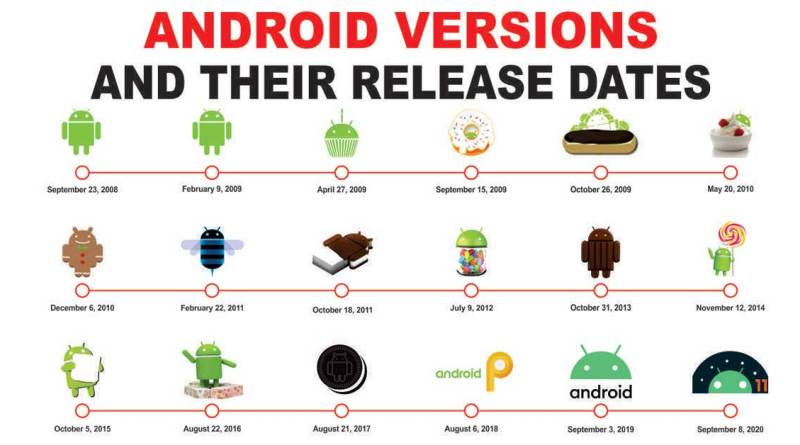 Home
Andriod
IOS
Windows
BlackBerry
Contact us
Home
Andriod
IOS
Windows
BlackBerry
Contact us
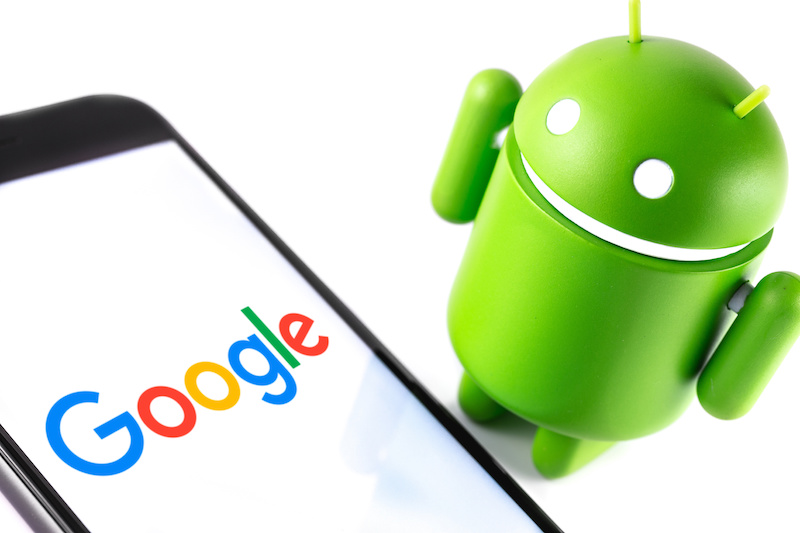
Android is a mobile operating system based on a modified version of the Linux kernel and other open source software, designed primarily for touchscreen mobile devices such as smartphones and tablets. Android is developed by a consortium of developers known as the Open Handset Alliance and commercially sponsored by Google. It was unveiled in November 2007, with the first commercial Android device, the HTC Dream, being launched in September 2008. It is free and open-source software; its source code is known as Android Open Source Project (AOSP), which is primarily licensed under the Apache License. However most Android devices ship with additional proprietary software pre-installed,[12] most notably Google Mobile Services (GMS)[13] which includes core apps such as Google Chrome, the digital distribution platform Google Play and associated Google Play Services development platform. About 70 percent of Android smartphones run Google's ecosystem; some with vendor-customized user interface and software suite, such as TouchWiz and later One UI by Samsung, and HTC Sense.[14] Competing Android ecosystems and forks include Fire OS (developed by Amazon) or LineageOS. However the "Android" name and logo are trademarks of Google which impose standards to restrict "uncertified" devices outside their ecosystem to use Android branding.[15][16] The source code has been used to develop variants of Android on a range of other electronics, such as game consoles, digital cameras, portable media players, PCs and others, each with a specialized user interface. Some well known derivatives include Android TV for televisions and Wear OS for wearables, both developed by Google. Software packages on Android, which use the APK format, are generally distributed through proprietary application stores like Google Play Store, Samsung Galaxy Store, Huawei AppGallery, Cafe Bazaar, and GetJar, or open source platforms like Aptoide or F-Droid. Android has been the best-selling OS worldwide on smartphones since 2011 and on tablets since 2013. As of May 2021, it has over three billion monthly active users, the largest installed base of any operating system, and as of January 2021, the Google Play Store features over 3 million apps.[17] The current stable version is Android 11, released on September 8, 2020.
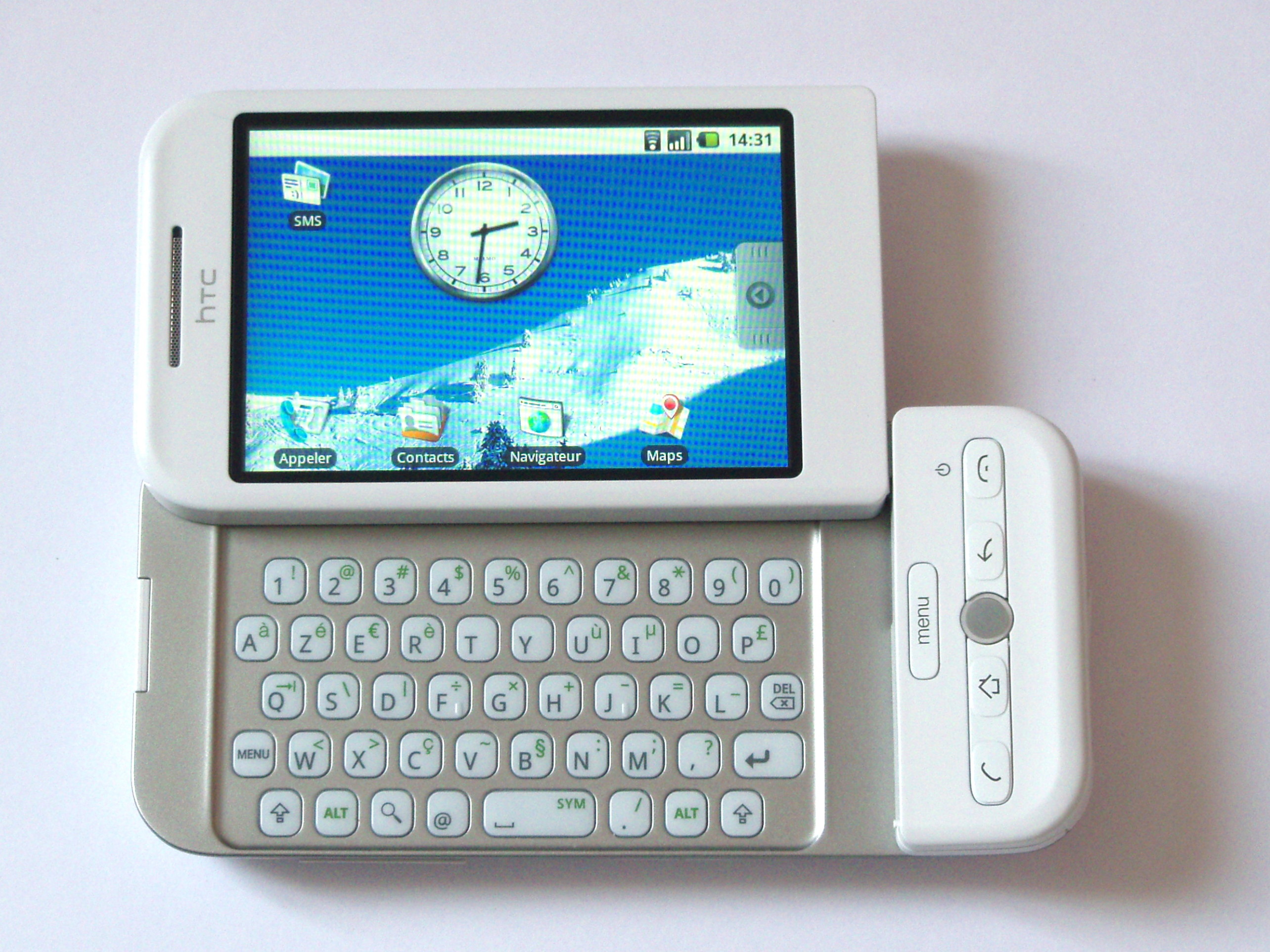
Android Inc. was founded in Palo Alto, California, in October 2003 by Andy Rubin, Rich Miner, Nick Sears, and Chris White.[18][19] Rubin described the Android project as having "tremendous potential in developing smarter mobile devices that are more aware of its owner's location and preferences".[19] The early intentions of the company were to develop an advanced operating system for digital cameras, and this was the basis of its pitch to investors in April 2004.[20] The company then decided that the market for cameras was not large enough for its goals, and five months later it had diverted its efforts and was pitching Android as a handset operating system that would rival Symbian and Microsoft Windows Mobile.[20][21] Rubin had difficulty attracting investors early on, and Android was facing eviction from its office space. Steve Perlman, a close friend of Rubin, brought him $10,000 in cash in an envelope, and shortly thereafter wired an undisclosed amount as seed funding. Perlman refused a stake in the company, and has stated "I did it because I believed in the thing, and I wanted to help Andy."[22][23] In July 2005,[19] Google acquired Android Inc. for at least $50 million.[24] Its key employees, including Rubin, Miner, Sears, and White, joined Google as part of the acquisition.[19] Not much was known about the secretive Android Inc. at the time, with the company having provided few details other than that it was making software for mobile phones.[19] At Google, the team led by Rubin developed a mobile device platform powered by the Linux kernel. Google marketed the platform to handset makers and carriers on the promise of providing a flexible, upgradeable system.[25] Google had "lined up a series of hardware components and software partners and signaled to carriers that it was open to various degrees of cooperation".[attribution needed][26]
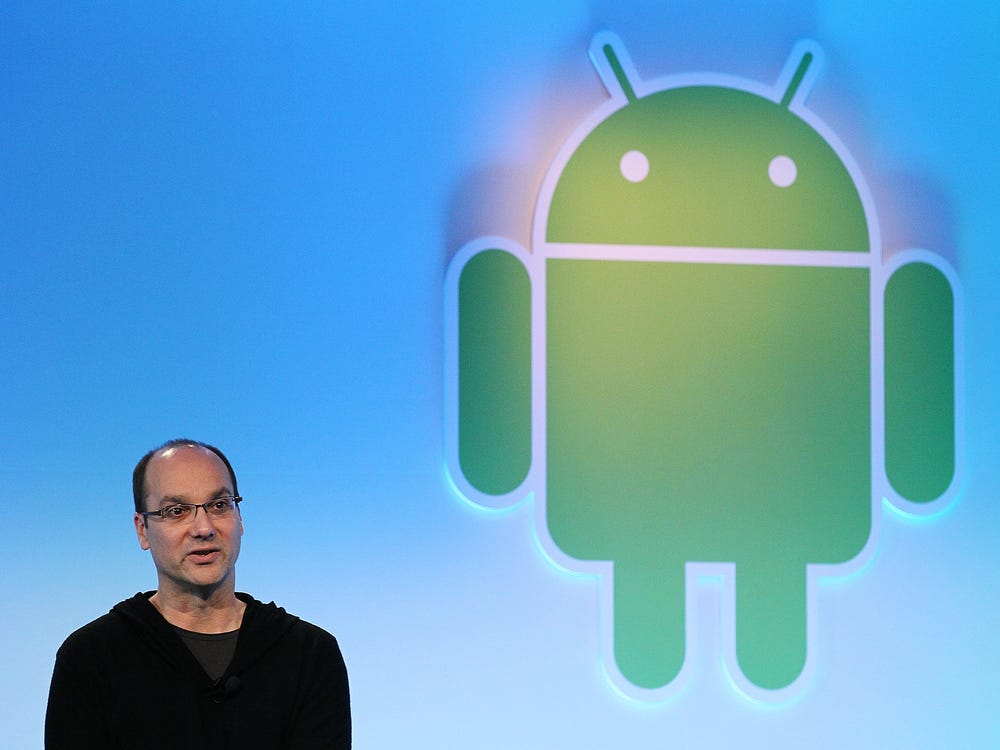
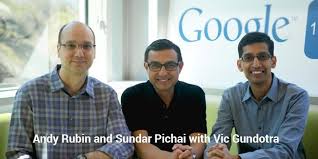
Rubin founded his first company, Danger, in 1999 — and it invented the predecessor to the Sidekick. The Hiptop had an app store and cloud storage. It also had its default web browser set to Google, which Google cofounder Larry Page deemed "cool" after finding out at a 2002 talk Rubin gave at Stanford about the device.1
-->>More About Inventer IN wikipedia<--